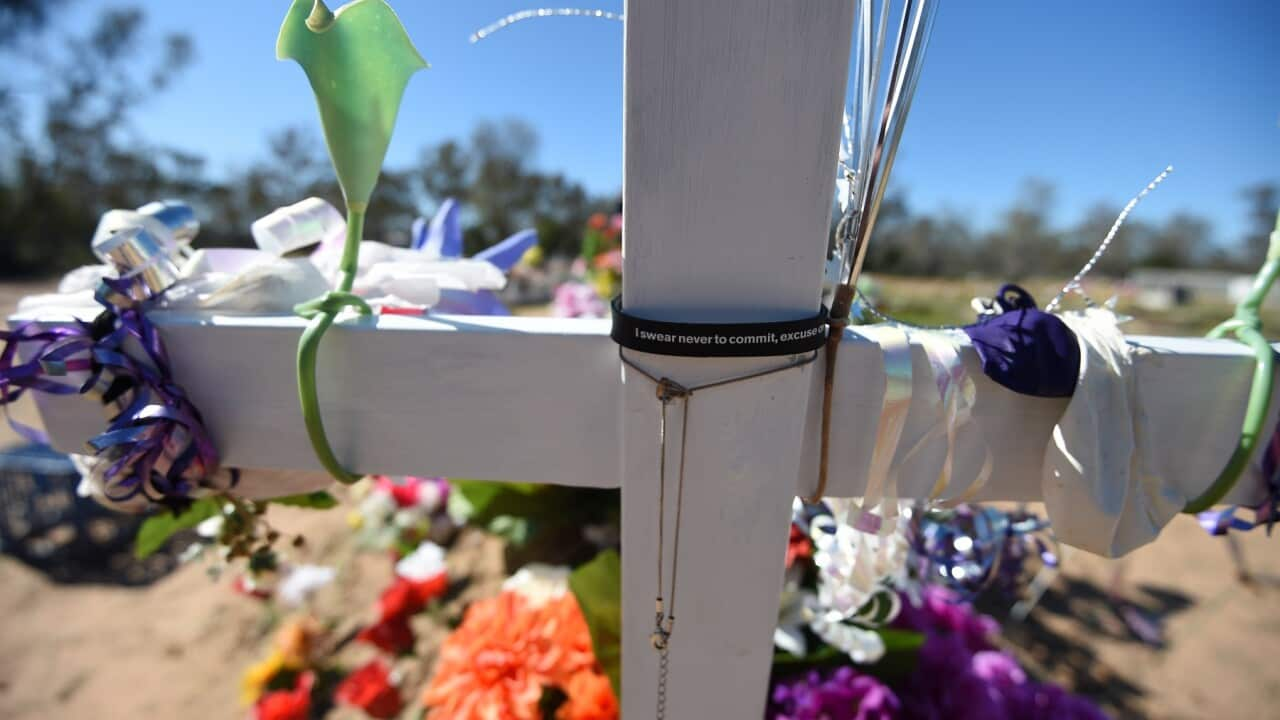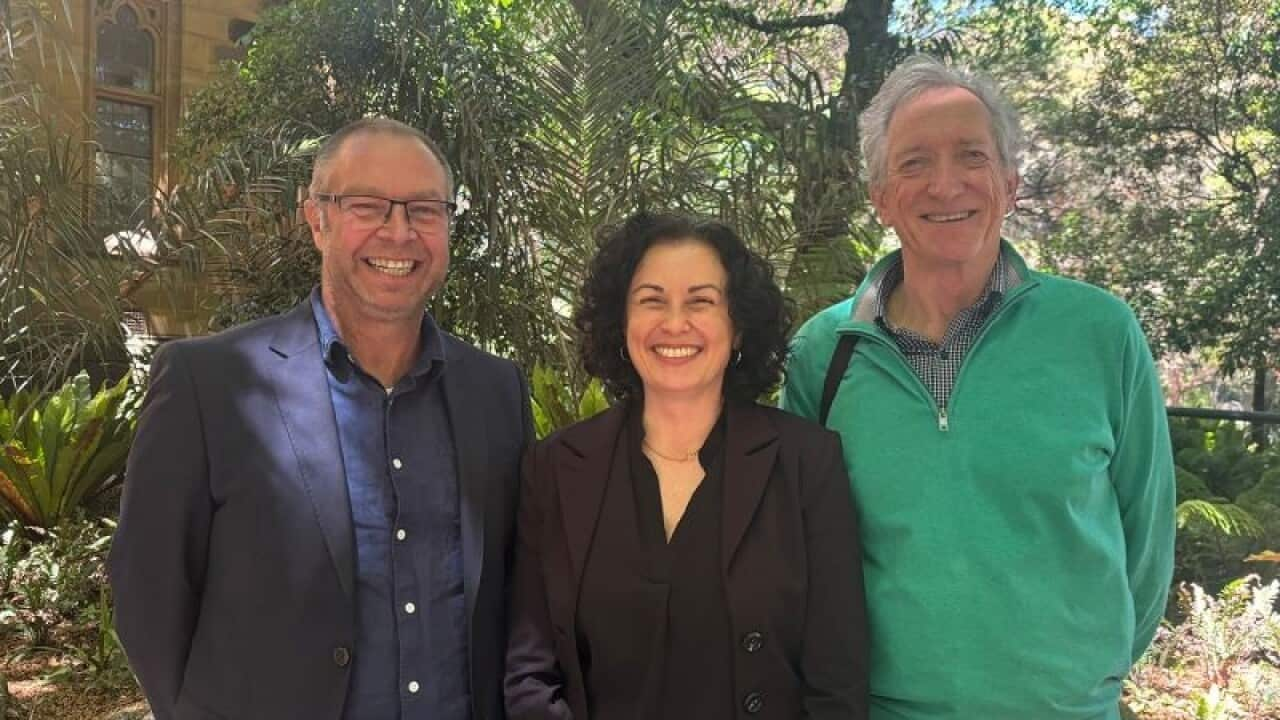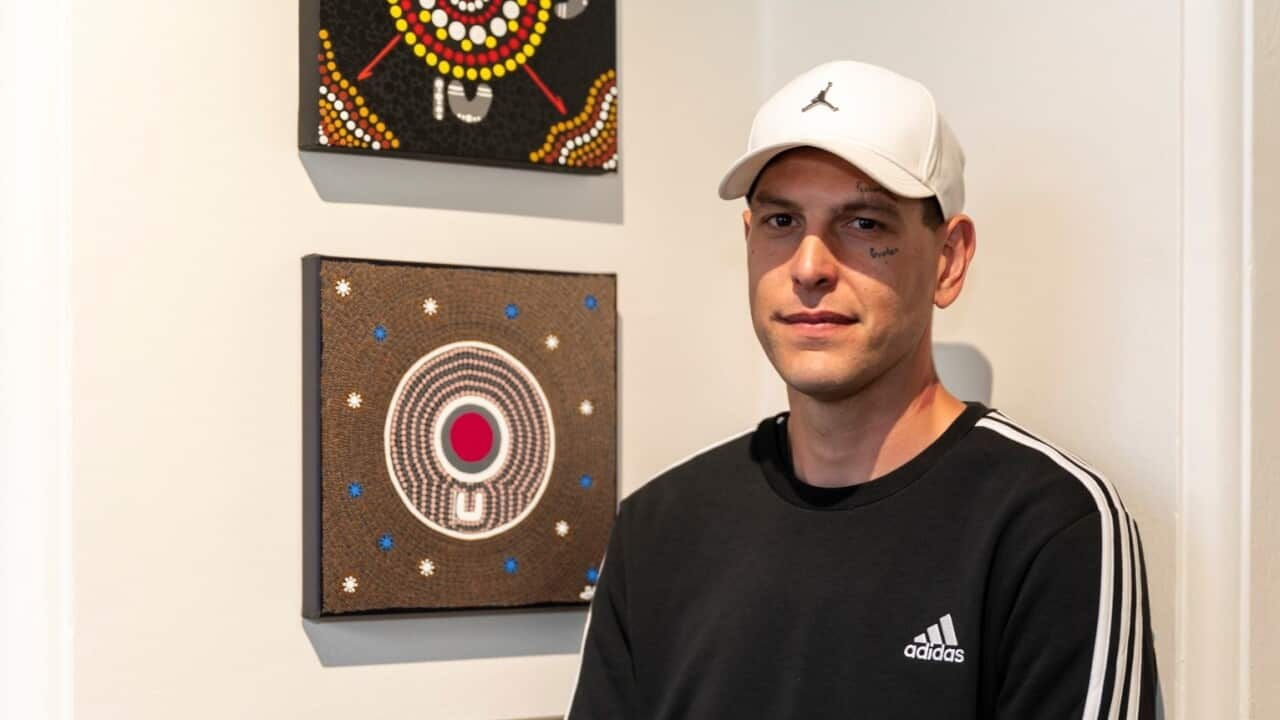TRANSCRIPT
"Vote yes so we thrive not survive. Thrive not survive, as peoples, as the first peoples... Thank you"
(CLAPPING fades)
Those were the words of Aboriginal Australian activist and academic Professor Marcia Langton who declared a rallying call of support for an Indigenous Voice to Parliament at National Press Club.
Professor Langton says the Voice is the minimum proposition the government could make to allow Indigenous Australians to make decisions about issues that directly affect them.
"The referendum proposition links two propositions: recognition of Indigenous Australians through entrenching in the Constitution, or enshrining in the Constitution, a mechanism, a Voice, to make representations on matters relating to Aboriginal and Torres Strait Islander people to the Parliament and the executive government. Its composition, functions, powers and procedures will be legislated by the Parliament. This proposition is the barest measure imaginable that would give Indigenous Australians a formal say in policies and legislation that affect us."
Professor Langton, alongside Aboriginal Elder and Professor Tom Calma, chaired the senior advisory group from 2019 to 2021 of the Voice co-design project.
She explains how the report consulted with more than 10 thousand Australians in more than 160 communities and towns, and proposed to close the gap between politicians and government departments that make policy, and local communities.
"The referendum proposal is not about giving some people a greater say than others based on their race. There is no presumption of a singular Indigenous point of view. And we are certainly not arguing that the discredited pseudo science of racial difference should play any role in our liberal democracy. Instead, by acknowledging our diverse histories, cultures, stories, experiences and challenges, we can begin to work more effectively together to ensure that first Australians thrive - not survive."
Professor Langton added that their report proposed a two-part framework, ensuring that along with the national Voice, each local and regional Voice would compromise a broad range of Indigenous people, family groups, community organisations and other stakeholders.
She pointed to past failed government initiatives to make decisions for Indigenous Australian people, such as the 2007 government decision to send the Australian Defence Force into Aboriginal communes in the Northern Territory under the guise of protecting Aboriginal children from sexual abuse, suspending the racial discrimination act and assuming control of the land in these communities.
"These arrangements would be designed and led by communities according to local context, history and culture, in a way that is consistent with the principles of self determination and other principles we set out - nine in total. Different regions have different priorities. Importantly, we recommended that local and regional voices would not displace or undermine bodies with existing statutory roles or specific functions, but provide links for involvement."
Meanwhile, advocates for Indigenous mental health are calling for a civil debate and discussion around the Voice to Parliament referendum.
A group of mental health organisations, including the Australian Indigenous Psychological Association and Black Dog Institute, are calling on politicians to sign a Respectful Referendum Pledge.
The pledge is a set of principles to encourage more civil and inclusive conversations about the Indigenous voice to parliament, that aim to reduce social and emotional harms ahead of the referendum on October 14.
Dr Clinton Schultz is a proud Gamilaroi/Gomeroi man and Director of First Nations Partnership and Strategy at the Black Dog Institute.
He says grassroots interactions with First Nations people have found a direct correlation between the referendum debate and the deteriorating mental health of First Nation's peoples.
"What we're already hearing of and witnessing, I'm a psychologist by profession, is increased psychological distress and significant levels of that being experienced and reported by First Nations peoples, that they are suggesting is being driven by the referendum and the constant discussions around it."
Dr Schultz said politicians have a responsibility to be respectful leaders in this debate.
"I think we can have this discussion in a more respectful way, by being more inclusive of the diversity of First Nations voices that exist out there, by becoming more strength-focused in the way that we have these discussions. And really just being mindful of those words and the impact those words can have. So for politicians they have great influence and great opportunity to have influence over the general public. So we're just asking that they are more mindful of their words, and how they can use those words in a way that is more likely to negate the impacts on our social and emotional wellbeing as First Nations peoples."
Professor Langton condemned the vitriol and abuse that has characterised parts of the referendum campaign.
She became emotional as she spoke to fears of an ongoing cycle of abuse and inaction in public debate and progress if the referendum results in a 'no' outcome.
"I think our generation of leaders will hand over to younger leaders, and they too then will become targets like Adam Goodes, like Stan Grant, and the cycle will continue. And in this regard I think the media has a responsibility... to lift their game, on reporting on these issues, and not participate on pile-ons on persons who are good and decent people."
This comes amid criticism from some shareholders who are questioning the decision of numerous large corporations to fund the 'yes' campaign for an Indigenous Voice to Parliament.
Australian Shareholders' Association chief executive Rachel Waterhouse told Nine newspapers that 120 retail investor representatives would use upcoming meetings with company chairs to seek explanations on how Voice donations align with firms' core strategies and purpose.
Treasurer Jim Chalmers flatly denied that campaign funding was a conflict of interest when asked about the reports in Canberra's Parliament corridors.
"I mean on what planet should Australians not have a view about Constitutional recognition, so we can listen to people and get better outcomes. I find it quite extraordinary that some people want to limit the opportunity to make their views known. This is a really important opportunity for Australia, this is a generational opportunity. And we want everyone to think about it, and participate in it, and grapple with it, and ideally we get to a great outcome here, which is constitutional recognition, and better outcomes which come from better listening."
There is also controversy around the Liberal Party's 'no' campaign pamphlet which has a QR code that directs would-be voters to a party website to harvest their personal information.
The Australian Electoral Commission (AEC) has labelled the move “potentially misleading”.
Liberal Senate leader Simon Birmingham told ABC Radio he was unaware of the pamphlet.
"I haven't actually seen those stories, nor the pamphlet you're talking about. But of course, all parties should operate in accordance with the electoral laws. There are entitlements to being able to collect and keep data but that should occur within any processes. If there has been a process breach that should be addressed. Well I'll go and have a look at the story you've raised now that you mention it.”













